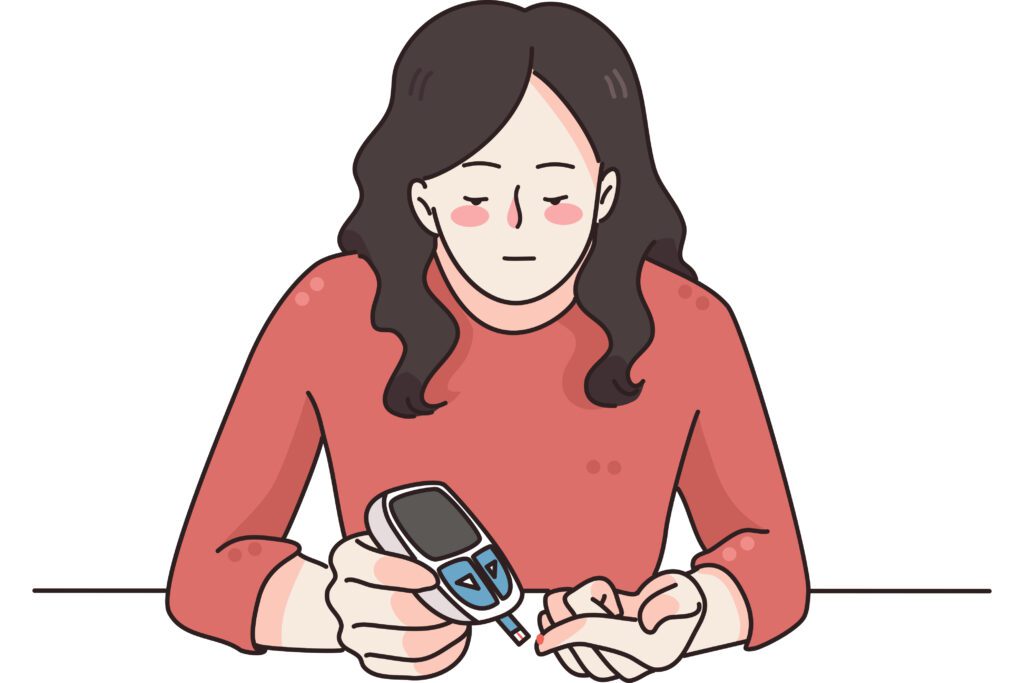Q. I’m struggling to differentiate between when I have a cold or if it’s just allergies. How do I know the difference, and should I be treating them differently?
A. Allergy and cold symptoms can be very similar. These include runny nose, congestion, sneezing, headache, fatigue, and sore throat. Allergy symptoms tend to strike all at once and are more common in the spring and fall when pollen counts are high. Cold symptoms are more common in the winter and can also include body aches, fever, and thick or discolored mucus. Cold symptoms start gradually, worsen over a few days, and resolve within 10 days. Allergy symptoms can persist off and on for weeks depending on the trigger. Older antihistamines like chlorpheniramine or diphenhydramine (Benadryl) can dry up a runny nose for either condition. However, newer ones (Claritin, Zyrtec, Allegra, Xyzal) will only work for allergy congestion. Decongestants can help shrink nasal passage swelling for both cold and allergy nasal pressure/congestion, but these can increase blood pressure. Nasal saline rinses can also be beneficial for both conditions. Any congestion that lasts longer than two weeks should be evaluated by a medical professional.





Natasha Ballard, MD
Family Medicine Physician, American Family Care
Q. My daughter has been getting thinner and lately refuses to eat meals with the rest of the family. I’m so worried about her. I want to get her help, but how do I know what level of treatment is best for her?
A. You are doing a wonderful job identifying potential red flags, such as weight loss and avoiding eating with others. When determining the possibility of an eating disorder, or the necessary levels of care, it is important to reach out to professionals who can thoroughly assess symptoms such as overall physical condition, psychology, and specific behaviors. A team of professionals will help in recommending the appropriate level of treatment. Additionally, I have compiled a list of other red flags for you to keep your eye on. Concerns such as consistent dieting, use of diet pills or laxatives, fluctuations in weight, consuming very small portions or skipping meals, heightened focus around appearance or social media, extreme attention to food, and excessive exercise are all indicators for a possible eating disorder.



Addie Bramlett, RDN, LDN, CEDRD
Certified Eating Disorder Registered Dietician & Director of Eating Disorder Programs, Focus Treatment Centers
Q. I’m very interested in a breast reduction, but I’m worried about the downtime and recovery. What does life look like post-surgery for that?
A. Breast reduction is a very common procedure that is usually performed in an outpatient setting. On occasion, this procedure is covered through your insurance, but the patient must meet specific criteria prior to surgery. Recovery is as follows: first, the initial downtime is approximately three to five days, and this time requires light activity with no heavy lifting. Additionally, the patient may shower after 24 hours and perform light daily wound care. Subsequently, as the days progress, activity will progress to full activity culminating at three to four weeks. Most patients find this procedure very tolerable with light to moderate pain in the first 48 hours which subsides very quickly over the next week to 10 days. Drains are sometimes placed during the procedure and are typically removed after three to four days. Final results from breast reduction surgery are usually seen at the three- to four-month mark once swelling has resolved. With 25 years of practice experience, I have found that patients are extremely pleased with this procedure and the only regret they have is not doing it sooner.



Michael S. Kluska, MD
Plastic Surgeon, Southern Surgical Arts
Q. What makes someone with diabetes at elevated risk for limb loss?
A. Diabetes is a disease that can ravage one’s entire body and affect all major systems. Diabetes can wreak havoc on the circulatory system, leading to aggressive hardening and narrowing of the arteries. This causes occlusion of blood vessels in the extremities (Peripheral Artery Disease or PAD), resulting in diminished blood flow and oxygen delivery to the tissues. Diabetics with circulatory issues have difficulty healing minor wounds. In severe cases, these wounds progress to gangrene, necessitating amputation. Strict blood sugar control along with maximizing medical therapy with anti-platelet, anti-hypertensive agents and cholesterol medications can help prevent the progression of disease to amputation.






William Harris, DO
Vascular/Endovascular Surgeon, Vascular Institute of Chattanooga
Q. My dad recently survived a stroke, but he doesn’t seem motivated to focus on recovery. Is this normal, or can I do something to help him?
A. Changes in behavior, including difficulties with motivation and initiation, are quite common following stroke and can be related to multiple causes, several of which are described below. First, approximately one-third of stroke survivors will experience significant depression, and more than 20% of individuals will experience prominent anxiety following a stroke. Each of these forms of emotional distress can dramatically impact an individual’s motivation, initiation, and engagement. Second, difficulties with motivation and initiation could be directly attributable to the region of the brain damaged during a stroke. It is recommended that you discuss your concerns with your father’s physician so that a treatment plan can be developed, which could include medication, working with a psychologist or other counselor to address emotional distress, and providing additional structure and support strategies in the home environment to help facilitate improved motivation and engagement.



J. Christopher Young, PHD
Clinical Neuropsychologist, Siskin Hospital for Physical Rehabilitation

